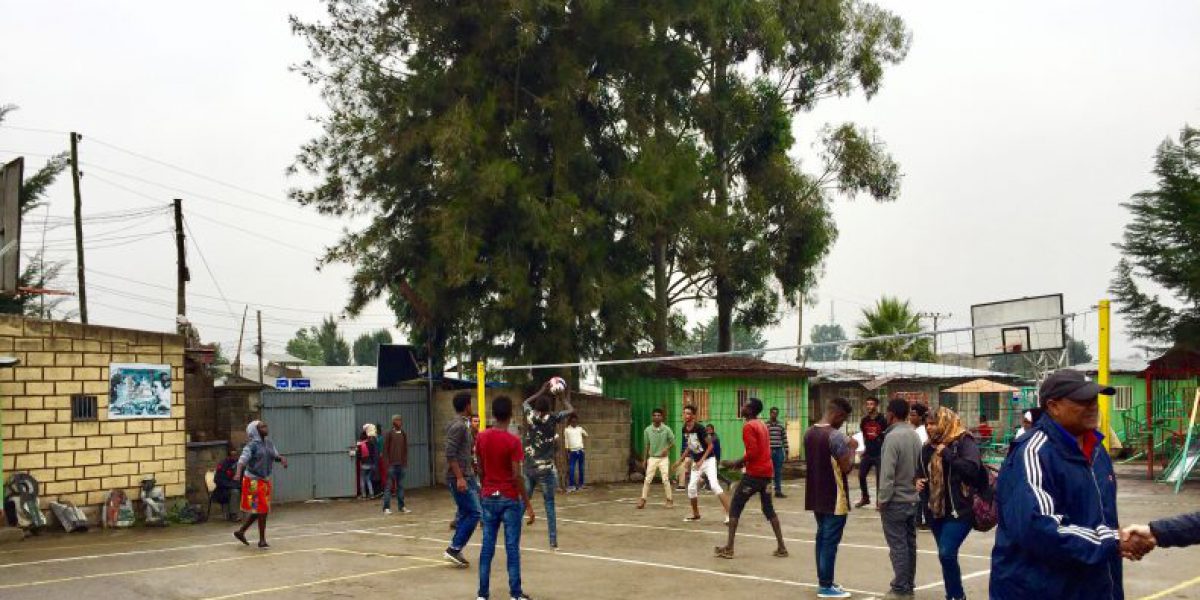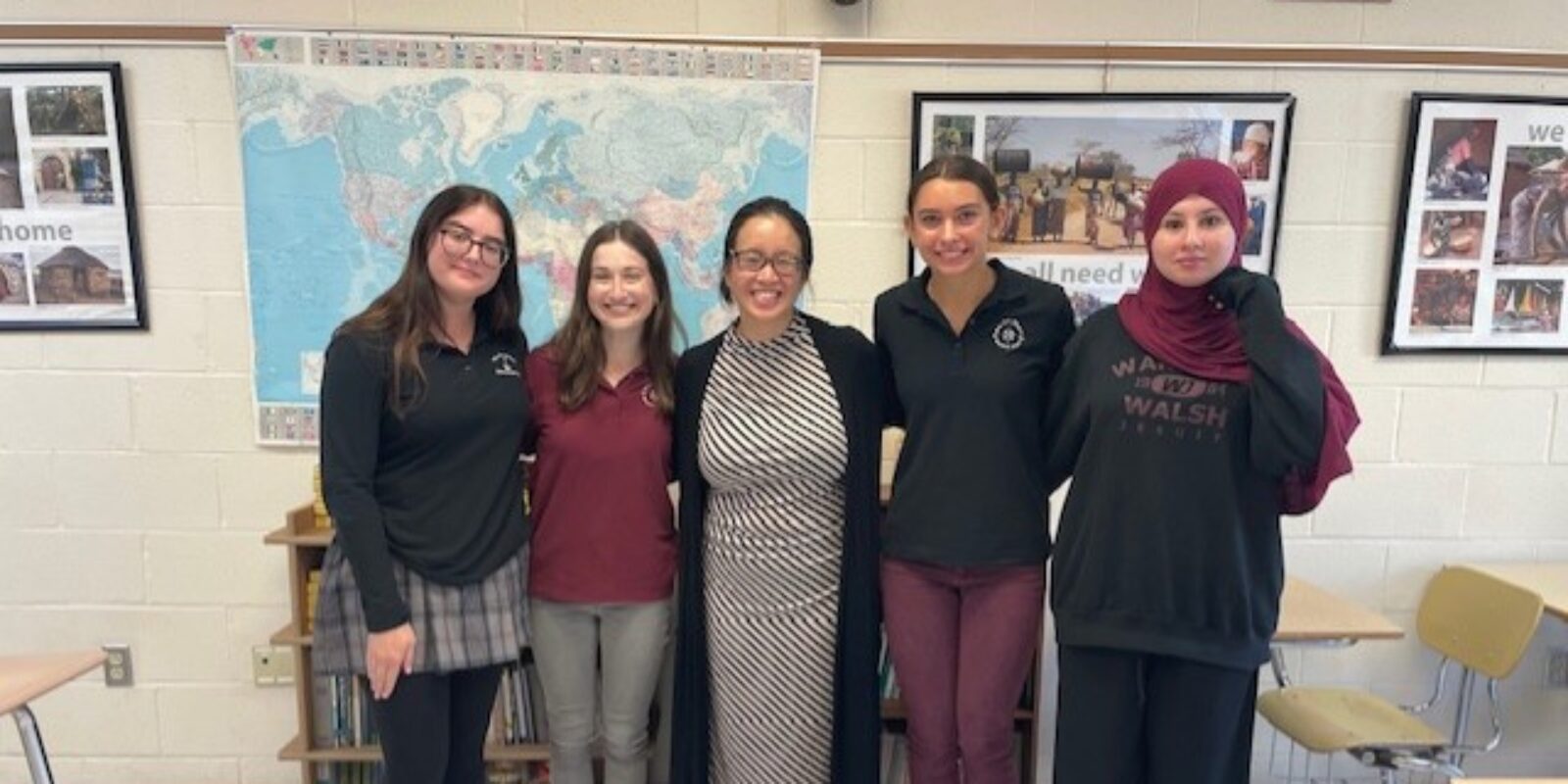Ethiopia: The Power of Refugee Integration in Ethiopia
02 November 2017

The traditional image of refugees crammed under large tents or a makeshift structure no longer gives the full indication of today’s refugee crisis. The extremely poor living conditions of camps and dependency on humanitarian aid frustrates most refugees. This causes many to assume that this forces them to seek better lives in urban environments – this is not true. Urban refugees often have greater needs than camp-based refugees, as they do not have the services provided in the camp. They must pay for shelter, education, health care, and food. They are often not legally allowed to work and do not speak the language, which makes it difficult to survive.
As these individuals struggle to improve their lifestyles in different countries, Ethiopia is experiencing a rise in urban refugees as they host over 830,000 displaced individuals. Crises in neighboring countries such as South Sudan, Sudan, Somalia, Eritrea, and Yemen have also led to a continual rise of refugees in urban areas. According to UNHCR, there are over 20,000 urban refugees in the capital city Addis Ababa, most of them from Eritrea.
Urban refugees residing in Addis Ababa face far greater challenges than those living in camps where basic amenities such as food, water, and shelter are available. High priced city living, limited access to social and economic services, lack of skills training, employment opportunities, and insufficient support contributes to the poor living conditions of urban refugees.
In response to these harsh circumstances, JRS started the first and only urban Refugee Community Center (RCC) in Addis Ababa in 1996. The RCC responds to the unmet needs with a range of services and support to urban refugees and asylum seekers. The vocational skills trainings, day care service, English language courses, psychosocial services, sports and recreation, music therapy as well as emergency food and material assistance offered by RCC helps them to heal, learn and thrive in their new environments.
The RCC project provides different educational support to the Somali community residing in Addis Ababa, because illiteracy is rampant among Somali refugees. Somalis use English and computer classes, as well as the sports activities and community services offered by JRS to improve their intellect and abilities. These educational courses and social integration programs are relevant to everyday life, as many urban refugees are unable to obtain these resources on their own. “Even if there is no money that can be given, JRS talks to us and makes us feel good despite the hardships,” said a refugee woman at the center.
During the 2016 Leaders’ Summit on Refugees, Ethiopia made pledges to address the socio-economic needs of refugees and host communities. Accordingly, the pledges will amend Ethiopia’s national law to expand the out-of-camp policy and issue work permits to refugees. JRS RCC is adapting its projects to respond to the changing context, especially those activities that involve language, business, and occupational skills trainings to facilitate and empower refugee participation.
Liana Tepperman, Director of Programs at JRS, stated, “What’s really nice about the project is that it’s the only community space for refugees. There are some people who have been coming to the center since childhood. There’s also a great relationship there between us (JRS) and the people we serve. This trust and transparency isn’t seen with many other organizations.”
The effective services of JRS are recognized by urban refugee stakeholders, including UNHCR who recently helped fund the opening of a new Urban Child Protection Center in July 2017. Several prominent individuals like the UN General Assembly President, European Union, and United States government officials have made visits to the RCC. They have encouraged JRS to continue to take a strong leadership role in urban refugee discussions and actions, as there is still more change to be made.


